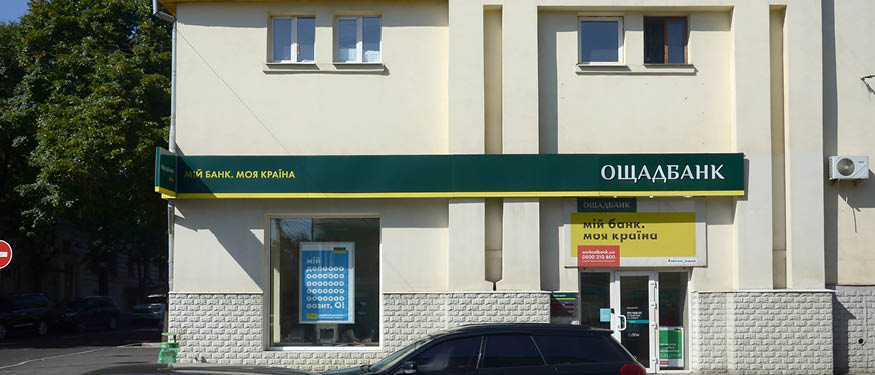Turkiye is seeing a surge in regulatory enforcement, particularly in the areas of antitrust and environmental compliance, according to KST Law Partner Sinan Diniz. From high-profile investigations into global tech giants to the adoption of a new Climate Law, regulators are keeping up with both local and global trends.
"We’re in a time of heightened vigilance, especially when it comes to regulatory enforcement," Diniz begins. "The Turkish Competition Authority has been particularly active, mirroring trends seen in the US, UK, and the EU, such as EU’s Digital Markets Act, which expands the scope of competition law enforcement for major tech players." For example, Diniz shares that "just this month, the authority launched a review of Spotify over alleged anti-competitive practices, including potential discriminatory treatment of artists, and content creators. This was a first for many jurisdictions globally."
Stressing that we're seeing broader scrutiny across the tech space, Diniz reports that "earlier this year, we saw investigations into streaming platforms on similar grounds, particularly around exclusivity clauses. There’s also ongoing scrutiny of Google over its online advertising activities, especially related to Performance Max campaigns. In addition to that, the company was fined for non-compliance with earlier injunctions, specifically for giving preferential treatment to its own local search services over competitors like Yelp and TripAdvisor." According to him, the authority found its compliance efforts insufficient and imposed a non-compliance fine accordingly. "Apple has also come under the microscope for allegedly forcing in-app purchases through its App Store, which is another notable development."
Moreover, this enforcement energy has extended beyond big tech. "Coca-Cola was recently targeted for exclusionary practices against rivals and, in another important decision, the authority penalized a large company for effectively acting as though it had taken control of the target before receiving merger clearance, which is a clear violation," Diniz explains. "These are signals that the Competition Authority is paying close attention to both procedural and substantive compliance."
As for other active regulators, Diniz reports that there has recently been "significant movement on the environmental front. Turkiye passed a new Climate Law that enshrines the country’s net-zero emissions goal and, crucially, sets up an emissions trading scheme. While the finer implementation details are still to come via secondary regulations, this is a major milestone for the country's sustainability agenda and international compliance trajectory."
Finally, Diniz says that there are several additional items of interest in the regulatory pipeline. "The Personal Data Protection Authority is also very active and recently issued best practice guidelines for the protection of personal data for fintech and payments system providers. We also saw a significant fine, over TRY 100 million, imposed on an energy company for long-term exclusivity practices with its dealers. So, enforcement is active, broad, and increasingly high-stakes." Looking ahead, Diniz opines that the most important developments will likely come from regulations in the digital sphere, climate regulations, and possible updates to the competition framework. "There’s been a draft competition law amendment, inspired by the EU’s Digital Markets Act, announced two years ago. It hasn’t been enacted yet, and it’s unclear when it will move forward, but even without it, the authority seems to be operating with full steam."






















